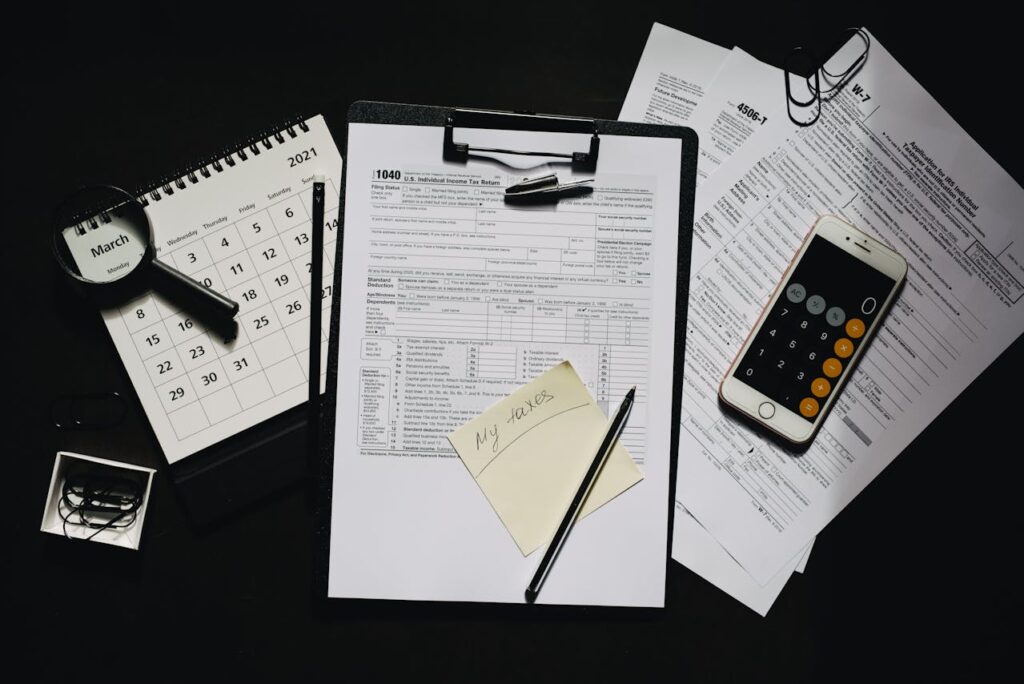Introduction
Maintaining accurate business records is crucial for Canadian taxpayers, especially when dealing with the Canada Revenue Agency (CRA). Poor record-keeping can result in disallowed expenses, reassessments, and increased tax liabilities.
This article highlights the importance of keeping accurate business records and offers practical tips to minimize potential issues with the CRA.
Why Business Records Are Essential
Accurate business records are a taxpayer's first line of defense in an income tax audit. Failing to provide adequate documentation for business expenses can lead to disallowed deductions and significantly increased income tax liabilities.
In such cases, taxpayers often face costly, time-consuming battles with the CRA to prove the legitimacy of their claims.
Common Record-Keeping Issues
Small business owners, particularly sole proprietors, often face record-keeping challenges due to:
- Lack of awareness of accounting requirements.
- Insufficient time to document transactions.
- Payments made in cash without obtaining receipts.
Such practices create vulnerabilities during a CRA tax audit and can lead to disputes over legitimate business expenses.
Tax Deductions for Business Expenses
Sole proprietors are entitled to deduct expenses incurred to earn business income. These may include:
- Vehicle and travel expenses.
- Business-related conferences.
- Home office expenses.
- Supervision and training costs.
- Internet, computer, and cell phone expenses.
- Fees, licenses, dues, memberships, and subscriptions.
Properly documented expenses not only reduce taxable income but can also generate business losses that can be used to offset other income. These losses may be carried back three years or forward up to 20 years, depending on the year incurred.
Documentation Requirements
To ensure the CRA accepts your business expenses, maintain receipts and records that include:
- Date of purchase
- Name and address of the supplier
- Name and address of the buyer
- Full description of goods or services
- Vendor's GST/HST registration number (if applicable)
For specific situations:
- Meals and entertainment: Note the purpose of the meeting on the receipt.
- Vehicle expenses: Keep a detailed log of trips for business purposes using a smartphone app or manual logbook.
- Bank accounts: Use a separate account and credit card exclusively for business transactions.
Recommended Record-Keeping Practices
- Digital Tools: Use bookkeeping software to track expenses and scan receipts. Organize receipts by purchase type and date.
- Paper Files: If using a paper system, categorize receipts by month or expense type. Accordion file folders are highly effective for small businesses.
- Avoid Cash Payments: Always obtain a receipt for cash transactions to claim the associated tax deductions.
Properly organizing and maintaining business records will save time, reduce stress, and prevent complications during a CRA audit.
Consequences of Inadequate Records
Failure to maintain adequate records can result in:
- Disallowed expense claims, leading to increased tax liabilities.
- Financial penalties from the CRA for failing to keep sufficient records.
- Time-consuming and costly disputes during the CRA audit and appeals process.
Conclusion
Accurate and organized business records are vital to safeguarding your financial health and minimizing risks during CRA audits. By implementing effective record-keeping practices and ensuring all transactions are properly documented, you can avoid unnecessary penalties and disputes. For complex issues or disputes, consulting an experienced tax professional can help navigate the CRA's requirements and secure your tax rights.
This article is written for educational purposes.
Should you have any inquiries, please do not hesitate to contact us at (905) 836-8755, via email at info@taxpartners.ca, or by visiting our website at www.taxpartners.ca.
Tax Partners has been operational since 1981 and is recognized as one of the leading tax and accounting firms in North America. Contact us today for a FREE initial consultation appointment.


